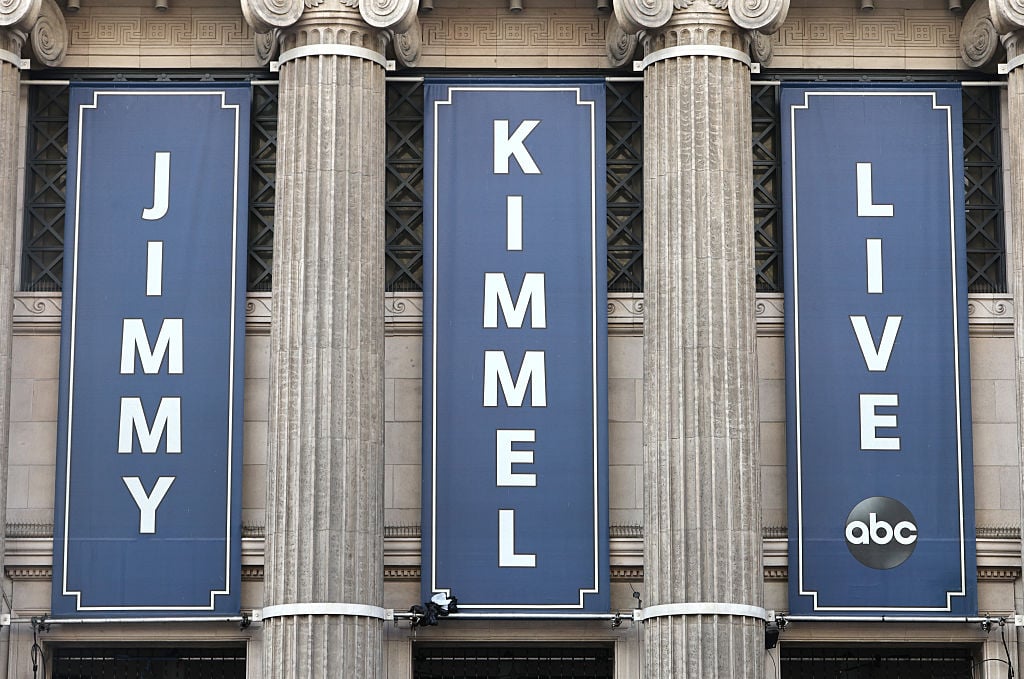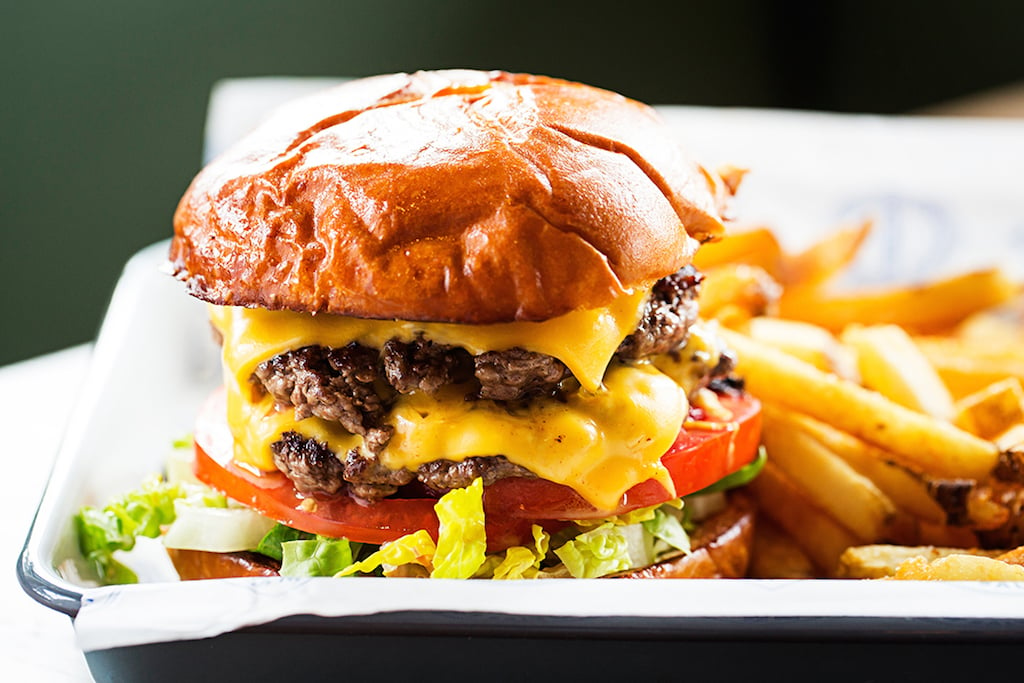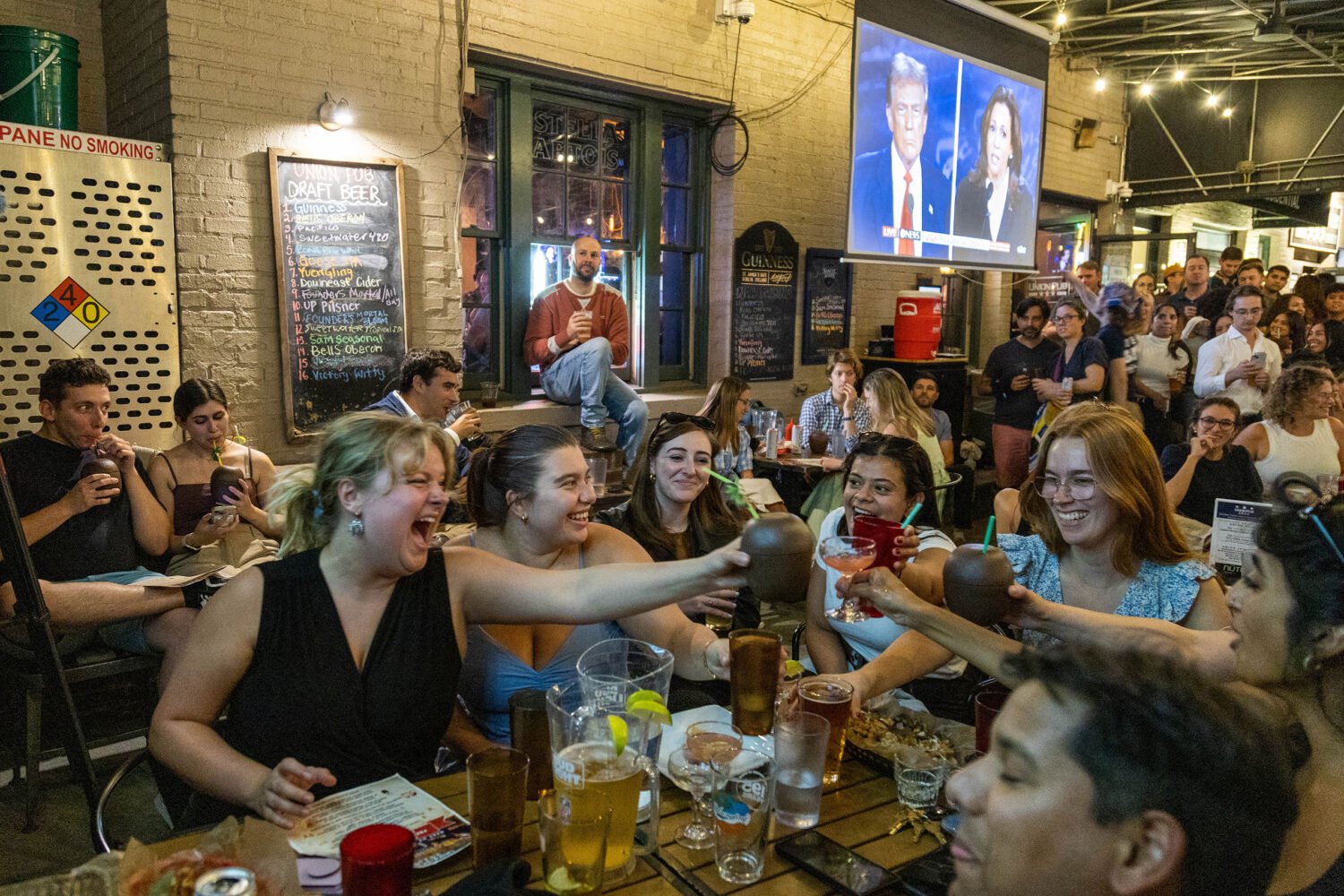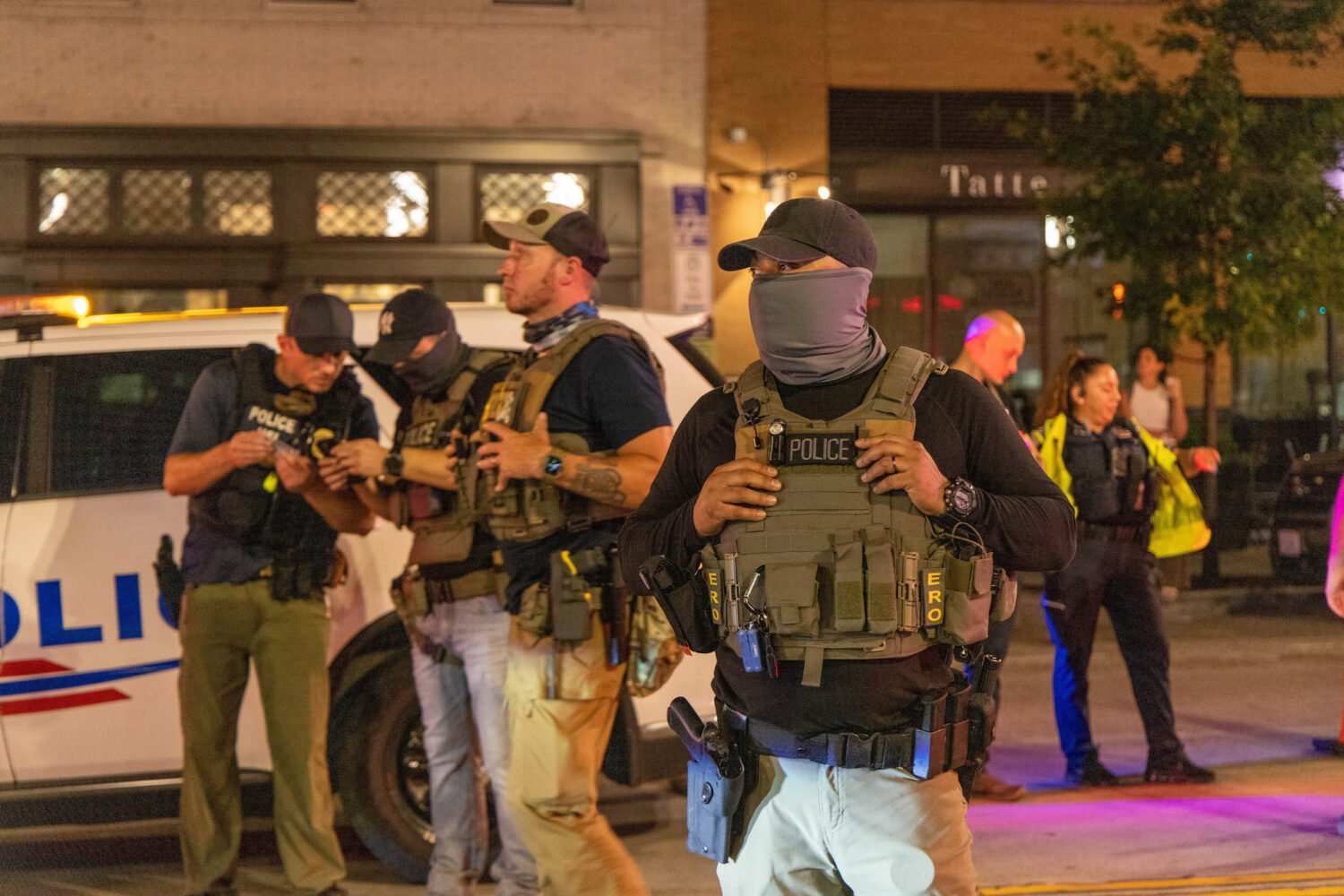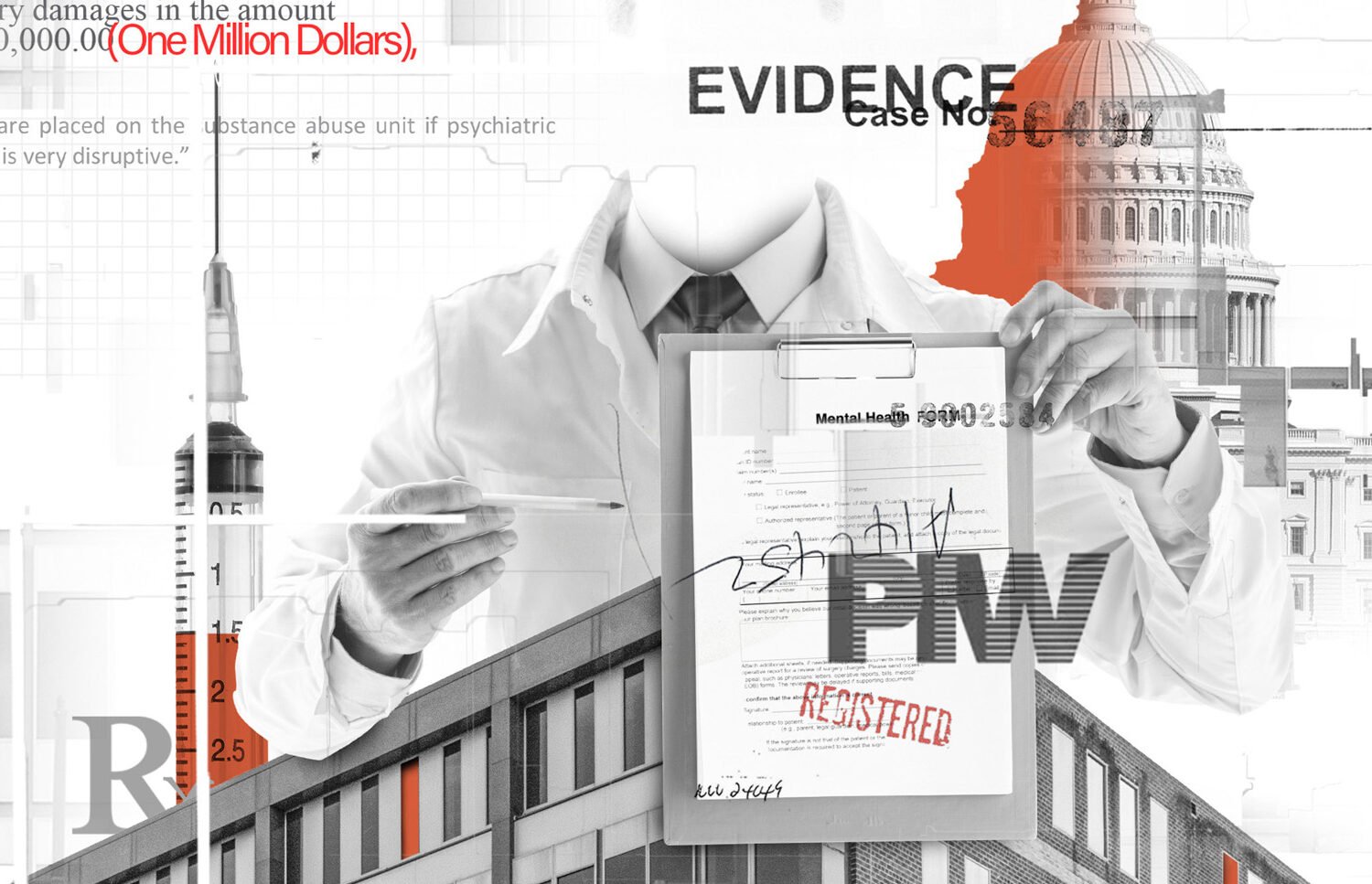The most recent US Congress was the least productive in decades, but legislators across the river in Virginia have passed dozens of new laws that will go into effect in the next year, most come July 1. Here are a few:
• Placing graffiti intended to intimidate by use of Nazi symbols such as swastikas on private property is now a felony.
• Food delivery apps must make “clear and conspicuous disclosure” of their fees.
• Businesses cannot obtain, disclose, sell, or disseminate personally identifiable “reproductive or sexual health information” without consumers’ consent.
• Social media platforms must limit users under 16 to one hour per day unless their parents allow more time.
• People under 21 can’t possess or buy smoking or vaping paraphernalia, and businesses that sell such items to underage people will face increased penalties.
• Anyone who manufactures fentanyl can be charged with involuntary manslaughter if their product is shown to cause death.
• It will be a a misdemeanor to attack a referee or other sports official at an amateur event.
• Law enforcement officers will have to undergo training for how to approach people who are having mental-health crises. Cops will also be forbidden from “knowingly making false statements” or presenting “inauthentic replica documents” to a child being interrogated.
• No one under 21 can take part in a “fantasy contest,” an attempt to rein in some sports betting.
• Public schools can’t serve food that includes synthetic dyes.
• A “low-wage employee”—someone eligible for overtime if they work more than 40 hours—can’t be subject to a noncompete agreement.
• Children under 16 must be compensated for content creation.
• Unemployment compensation will go up.
• Restraints on pregnant women in prison will be illegal.
• Health insurers can’t impose cost sharing on customers for diagnostic breast exams or supplemental exams.
• Most fees on gift certificates will be disallowed.
• Schools must report confirmed or suspected student overdoses to parents and caregivers within 24 hours.
• All adults in a vehicle must wear safety belts, even if they’re in the backseat.
• Drivers must stop for pedestrians; penalties will increase for anyone who doesn’t stop and injures a pedestrian.
• Restaurants with more than 20 locations can’t use Styrofoam containers.
• And from January 2026 onward, marketers must honor “STOP” requests made via text message for ten years.






